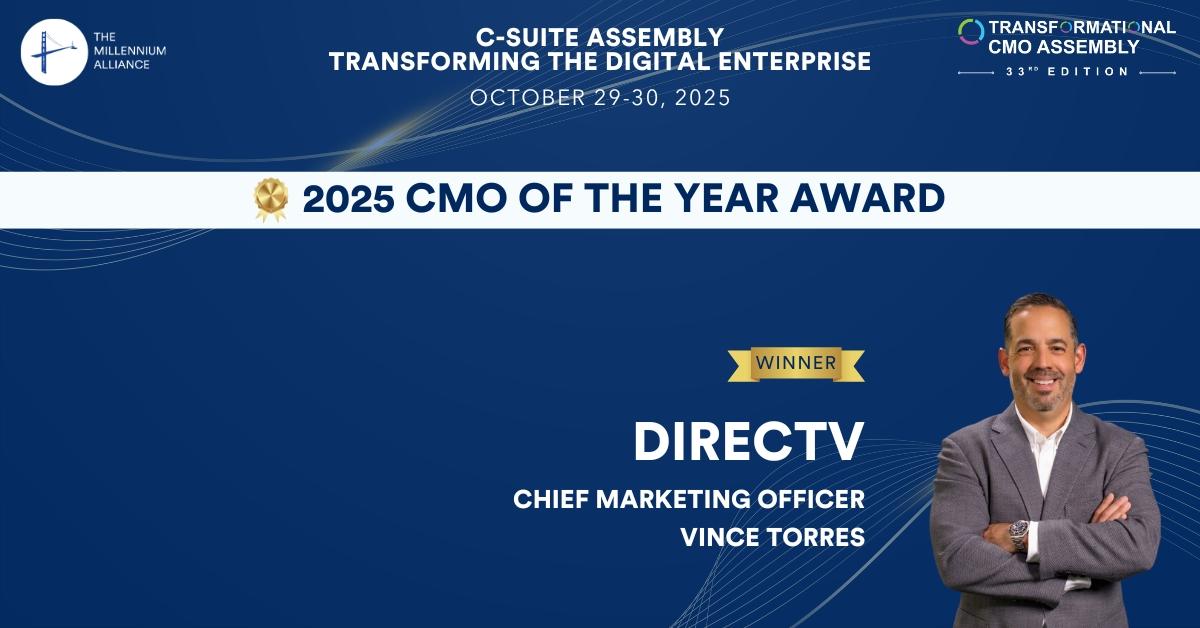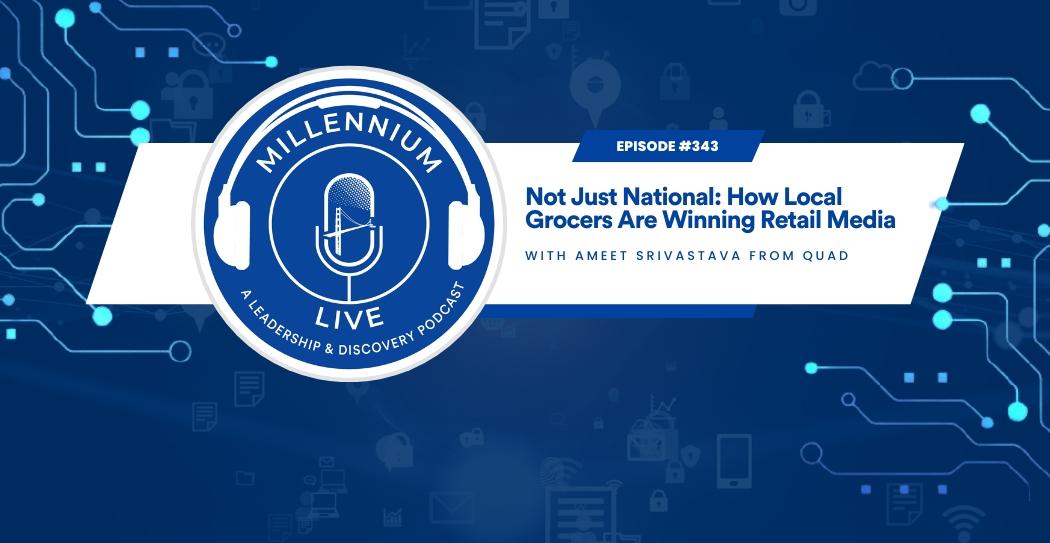As originally published by David Sable on Linkedin. Subscribe to the newsletter!
What does failure have to do with leadership?
“Obvious!” some might say, “If you fail you are a loser!”
I’ll ask again: What does failure have to do with leadership? EVERYTHING. Because great leaders know how to fail and move on to greatness. It’s the losers who don’t.
Clearly failure and losing are on many people’s minds these days as the world stage reverberates with real time (if not reality) drama. And, as leadership is a topic near and dear to me, I was inspired to share some thoughts on the subject today. So, here is the next installment in my ongoing series on leadership:
Some of the most iconic leaders, before reaching the peak of their potential, were rejected, thrown out, ignored, told they were useless, not creative, boring and to “get another job.” The best remained undeterred. They didn’t whine, blame others, slink away or otherwise leave the playing field angry, bitter or negative. Instead, each continued to move forward, persisted in breaking new ground. And the rest, they say, is LEADERSHIP.
Here are a few examples of some of those kinds of leaders, all of whom continue to inspire:
Walt Disney: Mickey Mouse is a household name in as many countries as there are people, and possibly one of the most recognizable icons ever created. Yet ole Mickey almost never was. When Walt Disney first took his idea of Mickey Mouse to MGM, he was told that the idea would never work because a giant mouse on a screen would terrify women. Add that to the newspaper editor who fired him because he believed Walt, “lacked imagination and had no good ideas,” and we have a man who transcended criticism and rejection to become an iconic leader in entertainment—not to mention an innovator and entrepreneur. Failure? Leadership!
Robert Goddard: The vaunted New York Times once wrote an editorial about the father of modern rocketry. A brilliant innovator with over 200 patents to his name, about Goddard the NYT wrote, “[He] does not know the relation of action to reaction…he only seems to lack the knowledge ladled out daily in high schools.” And, as if the ridicule that came from all sides wasn’t enough, he failed time and time again. Yet he never saw failure, only what he called “valuable negative information.” 49 years later, three days before the first moon landing, The New York Times redacted the editorial. Goddard made Elon Musk possible. Goddard embraced Failure…Leadership!
Charlie Chaplin: Poverty. Neglect. Little formal education. A Dickensian childhood. No early screen credits. Chaplin found fame in the little tramp and in his own brilliance as creator and director. He created history in cinema and is today, a king of comedy. Said Chaplin, “Failure is unimportant. It takes courage to make a fool of yourself.” Let me paraphrase: Failure is unimportant if you are a true leader.
Steve Jobs: We remember him as a visionary who changed the world, or at least the world of computers and phones and digital services. That’s enough, no? Yet it’s vital to remember that Steve failed many times and with products, service and ideas. He was even fired by the company he created, built and led. Jobs didn’t slink, away drowning in self-pity, though. His motto? “You have to be willing to fail…you got to be willing to crash and burn.” He came back having learned from the crash and burn, stronger than ever…a leader for the ages.
Charles Darwin: Talk about success…Charles Darwin’s name has become ubiquitous, around the world, when describing any kind of evolutionary process. It can be social, societal, sports related—just about anything in fact. His observations were brilliant and created new areas of thinking, exploration and investigation. And, you guessed it, as a child he was considered average at best. He hailed from a wealthy, accomplished family—his father, a doctor. Darwin hoped to follow in his footsteps but was thrown out of medical school, so instead, he studied for the ministry. That is until he followed a friend around the world and took the groundbreaking path we know him for today. About himself, he wrote, “I was considered a very ordinary boy, rather below the common standard of intellect.” Yet, his thinking has been called “the most powerful and most comprehensive idea that has ever arisen on earth.” Another “failure,” who will be remembered as a great leader forever.
And one more:
The Beatles: About them, their first record company, Decca Records, wrote: “We don’t like their sound, and guitar music is on the way out. They have no future in show business.” From obscurity, through all the setbacks, failures and fights, they worked hard and are arguably the most famous and successful band of their genre…ever. To quote John Lennon, “Everything will be OK in the end, if it’s not Ok it’s not the end.” Leadership will not stop until it’s all OK, and even then, it will continue.
And there you have it. The indomitable spirit that’s actually fueled and energized by failure, the positivity that’s created by failure, the never-to-be-forgotten leaders who were forged by failure.
COVID-19, U.S. elections, the economy, climate, hatred, racism, anti-Semitism, Islamophobia, self-serving partisan politicians, crime, violence…add your own issues. It’s so easy to look around and feel that we have failed as society, as individuals as countries, cultures and religions. But let us learn from the leaders who viewed failure as a lesson—not a punishment or destiny. Failure can be seen as a proud symbol of leadership if, and only if, you can learn from it, leveraging the experience to ultimately move on and to change the world.
Said Thomas Edison, another great leader who failed many times and who will long be remembered and celebrated:
“I have not failed. I’ve just found 10,00 ways that won’t work”
Unless we embrace this philosophy, we will mire ourselves in negativity, and failure will be the norm, with leadership being a thing of the past.
What do you think? Please share your own examples!














